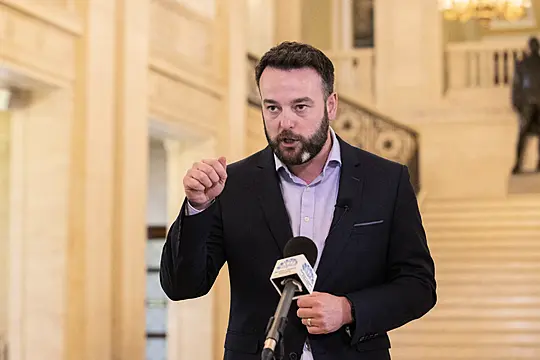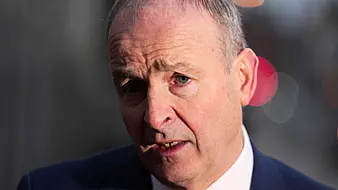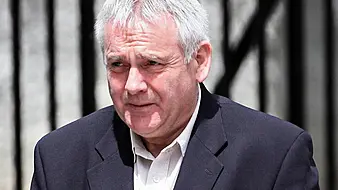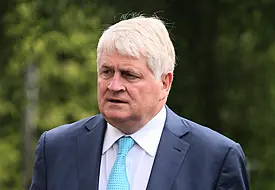Unionist and nationalist political parties in the North have condemned the British government’s plan to introduce a statute of limitations for offences related to the Troubles.
DUP leader Sir Jeffrey Donaldson said the proposals would be “rejected by everyone in Northern Ireland who stands for justice and the rule of law”, while SDLP leader Colum Eastwood described them as a “serious act of bad faith”.
The UK's Northern Ireland secretary Brandon Lewis told the UK's House of Commons that the statute of limitations was “the best way to help Northern Ireland move further along the road to reconciliation”.
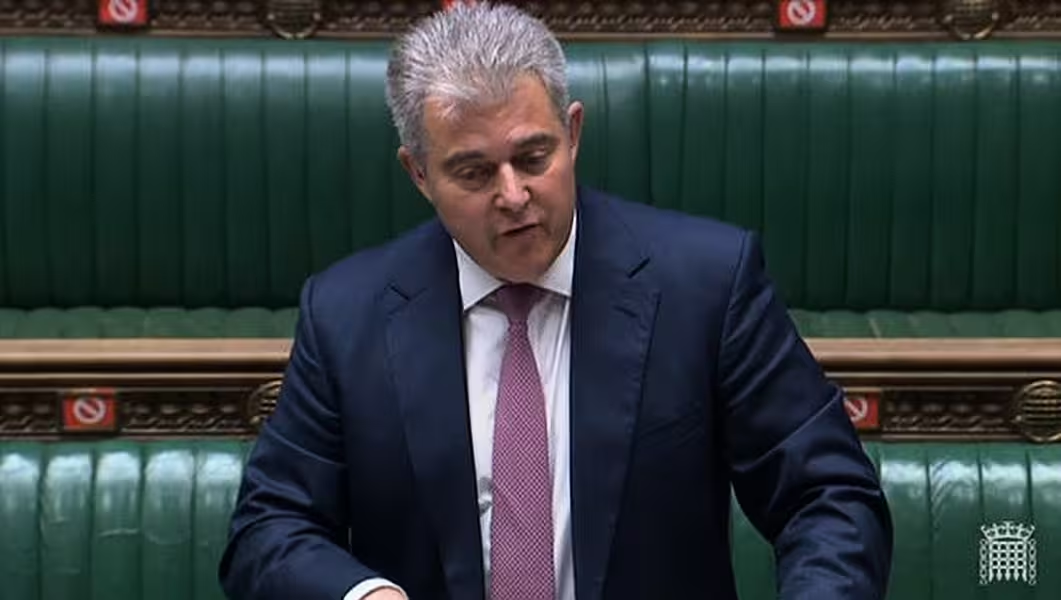
He said it would apply equally to all Troubles-related incidents, including former members of the British security forces as well as ex-paramilitaries.
Mr Donaldson said any process to deal with offences during the Troubles had to be “victim-centred”.
He said: “Victims will see these proposals as perpetrator-focused rather than victim-focused and an insult to both the memory of those innocent victims who lost their lives during our Troubles and their families.
“There can be no equivalence between the soldier and police officer who served their country and those cowardly terrorists who hid behind masks and terrorised under the cover of darkness. We find any such attempted equivalence as offensive.”
He added: “The Democratic Unionist Party, both publicly and privately, has, and continues to oppose, any form of amnesty. Everyone must be equal under the law and equally subject to the law.

“We will oppose any plans that give an effective amnesty to those who murdered and maimed over many decades.”
Deputy First Minister Michelle O’Neill said the British government’s proposals would protect British forces from their “dirty role” in Ireland.
She said: “I think that once again today, the British government have set out their statement of intent, and it goes right to the highest echelons of government, because it begs the question why they’re doing this.
“Particularly given the fact that all the five political parties here are opposed to an amnesty, all the victims and survivor groups are opposed to amnesty, as is the Irish Government.
“So you have to ask the question, why are the British government intent in taking this route?

“It has to be two things in my mind. It has to be to protect state forces and their dirty role here in Ireland.
“I think it also has to be to protect those in suits who directed British state murder, murder of Irish citizens.”
SDLP leader Mr Eastwood said: “Boris Johnson and Brandon Lewis have chosen to close down justice for families who have campaigned for the truth about what happened to their loved ones for decades. Even worse, they wrapped it up in the language of reconciliation.
“The message that they are sending to the victims of state and paramilitary murderers is that they should give up their campaign for truth because they have become a barrier to reconciliation. It is absolutely perverse.”
He continued: “You cannot draw a line in the sand on injustice. There is a reason that every party in the North opposes the concept of an amnesty – if we have learned nothing else, we’ve learned that failing to deal with the legacy of the past affects and infects the present. It creates a trans-generational injustice that makes reconciliation more difficult.”

Alliance Party MP Stephen Farry described the British government's plans as an “assault on the rule of law and human rights”.
He said: “This approach is framed solely around the perceived need to address what is a false narrative of vexatious investigations of Army veterans.
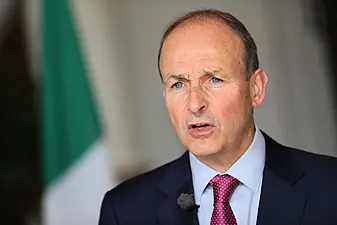
“It is shocking the government facilitates a de facto amnesty across the board, including for republican and loyalist terrorists, to achieve this.
“Everyone should be and remain equal before the law. That is what we have when lawbreakers are pursued regardless of where they come from.
“The government’s approach now brings the consequence of a false equivalence between all veterans, most of whom served the community with honour and respect for rule of law, and terrorists.”
